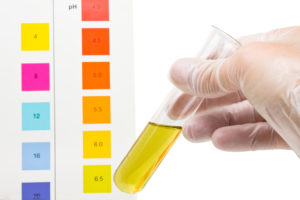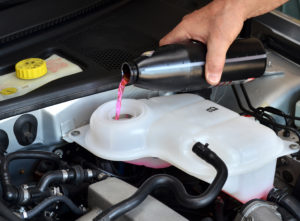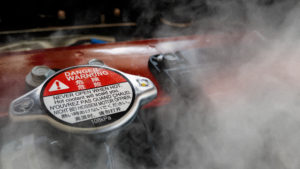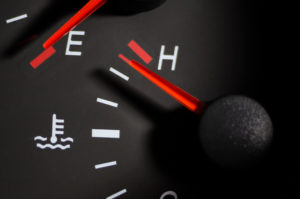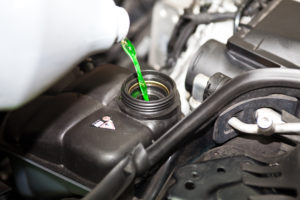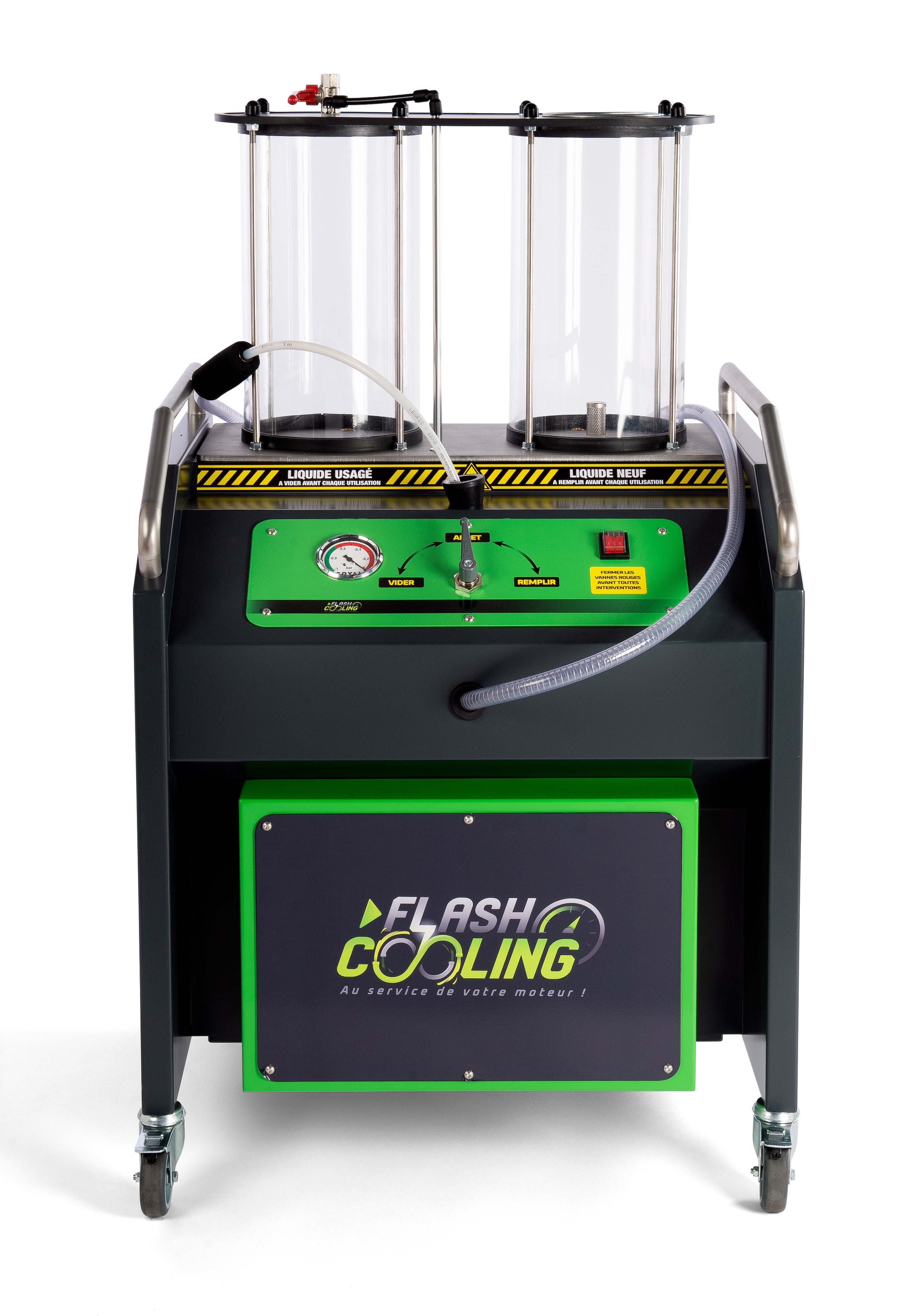Coolant Analysis
Why perform a coolant analysis?
 A coolant analysis should be performed regularly. This check ensures that the components of the cooling system are in good working order.
A coolant analysis should be performed regularly. This check ensures that the components of the cooling system are in good working order.
First of all, the radiator is the main element of the cooling system. The radiator’s inner core allows coolant to circulate. In addition, it transfers its heat to the metal cooling fins that surround the radiator core. Also, the fan allows air flow. In any case, the air flows through the fins. It dissipates the heat accumulated in the coolant.
In an electric vehicle, the coolant is used to cool the batteries and the electric motor. As this is a particularly sensitive element, it is necessary to monitor it in view of the technological and economic stakes involved.
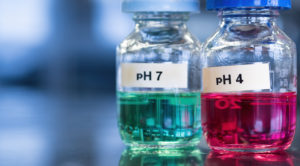 The analysis of the coolant thus makes it possible to determine and control all of its properties and characteristics. It allows to check its quality and stability over time in order to avoid breakdowns. Indeed, the coolant tends to lose its qualities over time, which can damage parts of the cooling system.
The analysis of the coolant thus makes it possible to determine and control all of its properties and characteristics. It allows to check its quality and stability over time in order to avoid breakdowns. Indeed, the coolant tends to lose its qualities over time, which can damage parts of the cooling system.
Analyses and controlled points on the cooling liquid
Coolant analyses can only be carried out in specialized laboratories.
All of the following elements are checked during a coolant analysis:
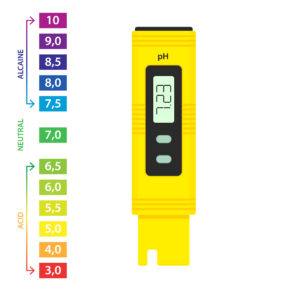 Density at 20°C
Density at 20°C- The percentage of antifreeze and water
- Appearance and colour
- Freezing Point and Boiling Point
- The hardness of the water and its pollutants (quality of the water used)
- pH (may indicate the presence of exhaust fumes)
- Alkalinity reserve (control of the liquid’s ability to neutralize the acid)
- The spectrometric analysis (verification of the absence of internal oxidation of the circuit…)
- Inorganic and organic inhibitors (signature of the fluid technology)
- Glycol degradation (coolant aging)
- Gravimetry (to check the cleanliness of the coolant)


